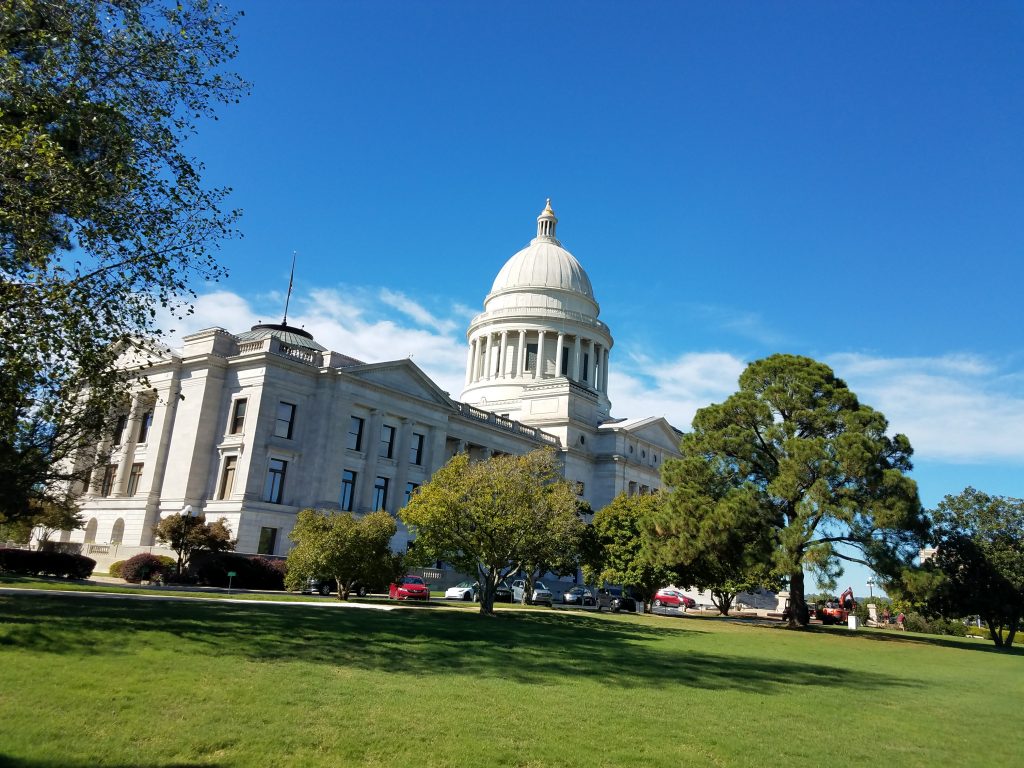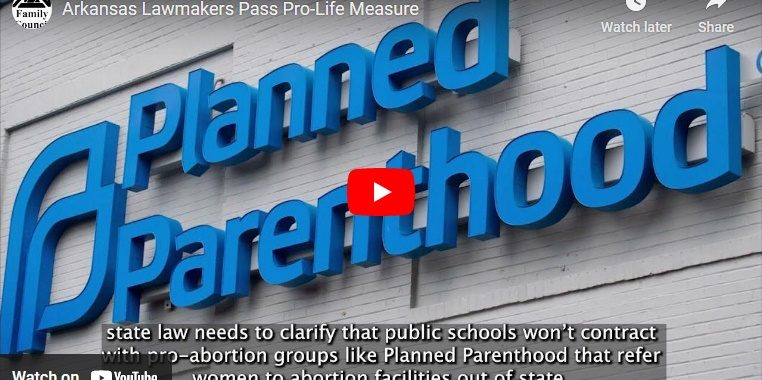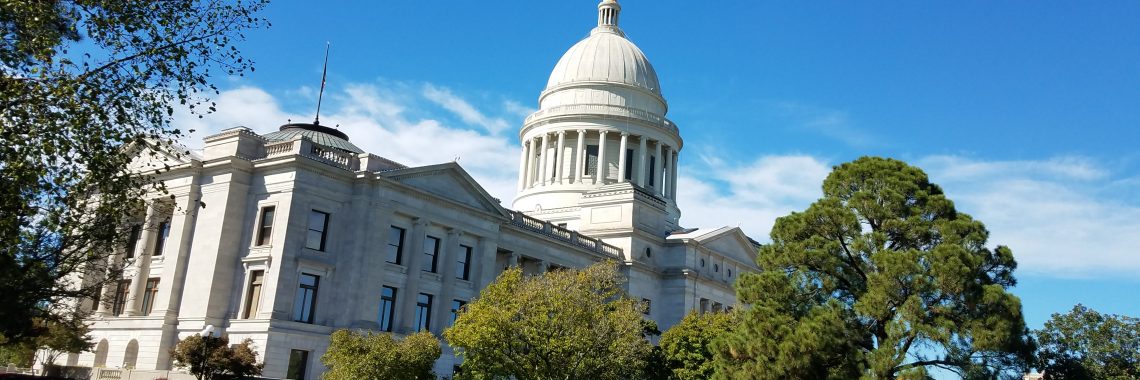Video: Arkansas Lawmakers Pass Pro-Life Measure
Last week the Arkansas General Assembly passed a bill preventing public schools from working with organizations that provide abortion referrals.
This will help keep groups like Planned Parenthood out of the state’s schools.
Arkansas Legislature Passes Law Addressing Abortions in Medical Emergencies

On Thursday the Arkansas Senate overwhelmingly passed a good bill that would help protect women’s health and clarify Arkansas’ abortion restrictions.
H.B. 1786 by Rep. Aaron Pilkington (R – Knoxville) and Sen. Clint Penzo (R – Springdale) is a good, pro-life bill that specifies that abortions performed to save the life of the mother must take place in a hospital or emergency room.
This bill will help clarify Arkansas’ restrictions on abortion, and it will protect women’s health by ensuring that any abortion performed to save the mother’s life takes place in a facility that is properly equipped to handle medical emergencies.
H.B. 1786 previously passed in the Arkansas House. It now goes to Gov. Sanders to be signed into law.
The Following Senators Voted For H.B. 1786
- J. Boyd
- J. Bryant
- A. Clark
- Crowell
- B. Davis
- Dees
- J. Dismang
- J. Dotson
- J. English
- Flippo
- Gilmore
- K. Hammer
- Hester
- Hickey
- Hill
- Irvin
- B. Johnson
- M. Johnson
- B. King
- M. McKee
- J. Payton
- C. Penzo
- J. Petty
- Rice
- Stone
- G. Stubblefield
- D. Sullivan
- D. Wallace
The Following Senators Voted Against H.B. 1786
- L. Chesterfield
- G. Leding
- F. Love
- C. Tucker
The Following Senator Did Not Vote
- R. Murdock
The Following Senators Were Excused From Voting
- Caldwell
- S. Flowers



